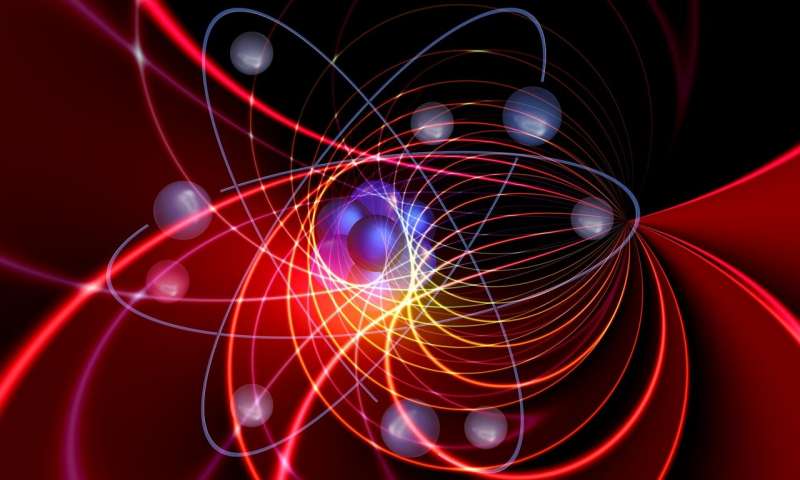HOME
Bringing a power tool from math into quantum computing

The Fourier transform is an important mathematical tool that decomposes a function or dataset into a its constituent frequencies, much like one could decompose a musical chord into a combination of its notes. It is used across all fields of engineering in some form or another and, accordingly, algorithms to compute it efficiently have been developed—that is, at least for conventional computers. But what about quantum computers?
Though quantum computing remains an enormous technical and intellectual challenge, it has the potential to speed up many programs and algorithms immensely, provided that appropriate quantum circuits are designed. In particular, the Fourier transform already has a quantum version called the quantum Fourier transform (QFT), but its applicability is quite limited because its results cannot be used in subsequent quantum arithmetic operations.
To address this issue, in a recent study published in Quantum Information Processing, scientists from Tokyo University of Science developed a new quantum circuit that executes the quantum fast Fourier transform (QFFT) and fully benefits from the peculiarities of the quantum world. The idea for the study came to Mr. Ryo Asaka, first-year Master's student and one of the scientists on the study, when he first learned about the QFT and its limitations. He thought it would be useful to create a better alternative based on a variant of the standard Fourier transform called the fast Fourier transform (FFT), an indispensable algorithm in conventional computing that greatly speeds things up if the input data meets some basic conditions.
To design the quantum circuit for the QFFT, the scientists had to first devise quantum arithmetic circuits to perform the basic operations of the FFT, such as addition, subtraction, and digit shifting. A notable advantage of their algorithm is that no 'garbage bits' are generated; the calculation process does not waste any qubits, the basic unit of quantum information. Considering that increasing the number of qubits of quantum computers has been an uphill battle over the last few years, the fact that this novel quantum circuit for the QFFT can use qubits efficiently is very promising.
News Source